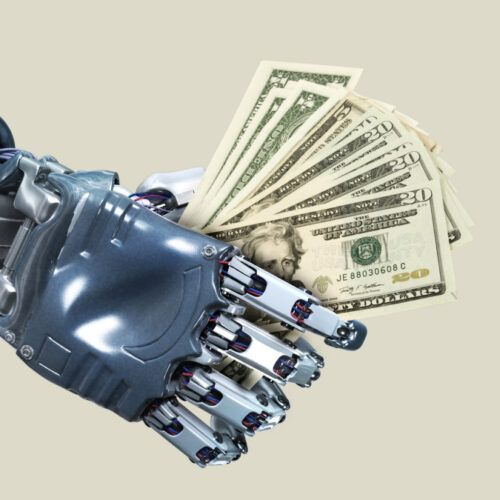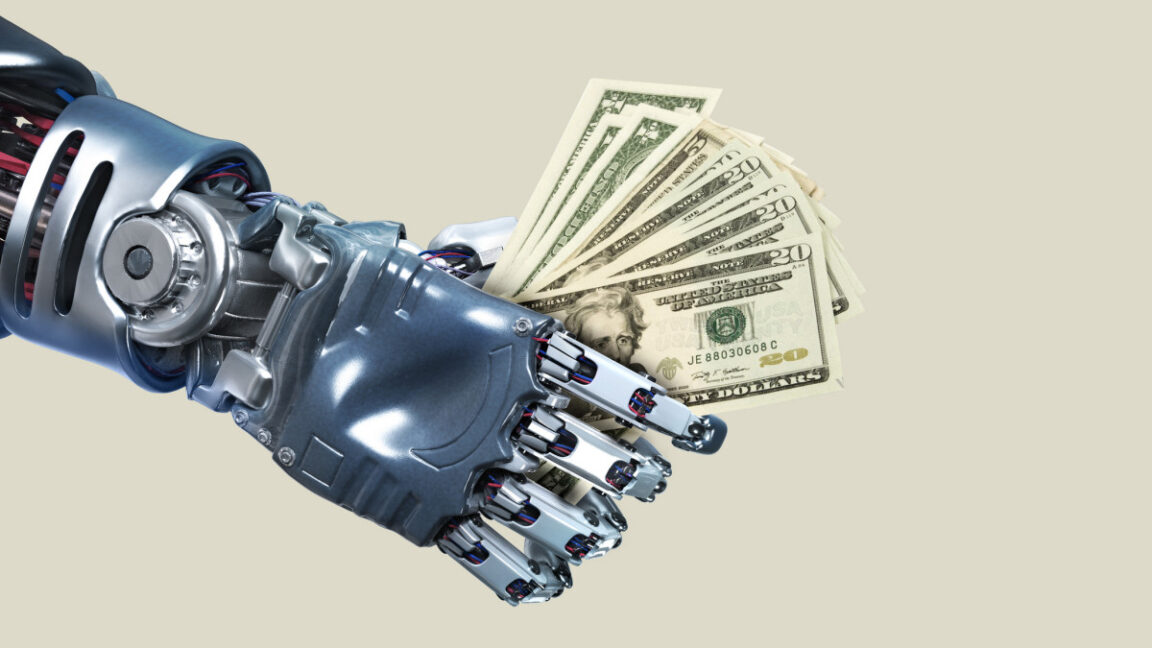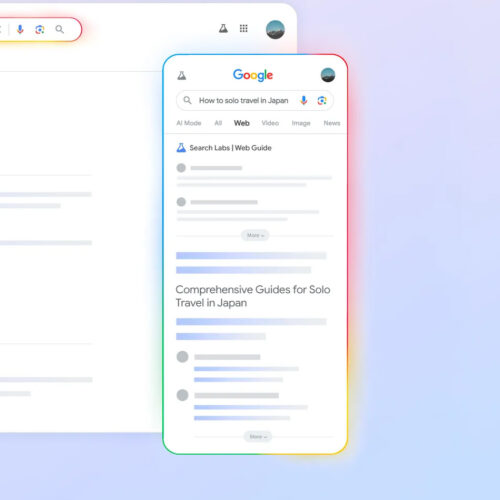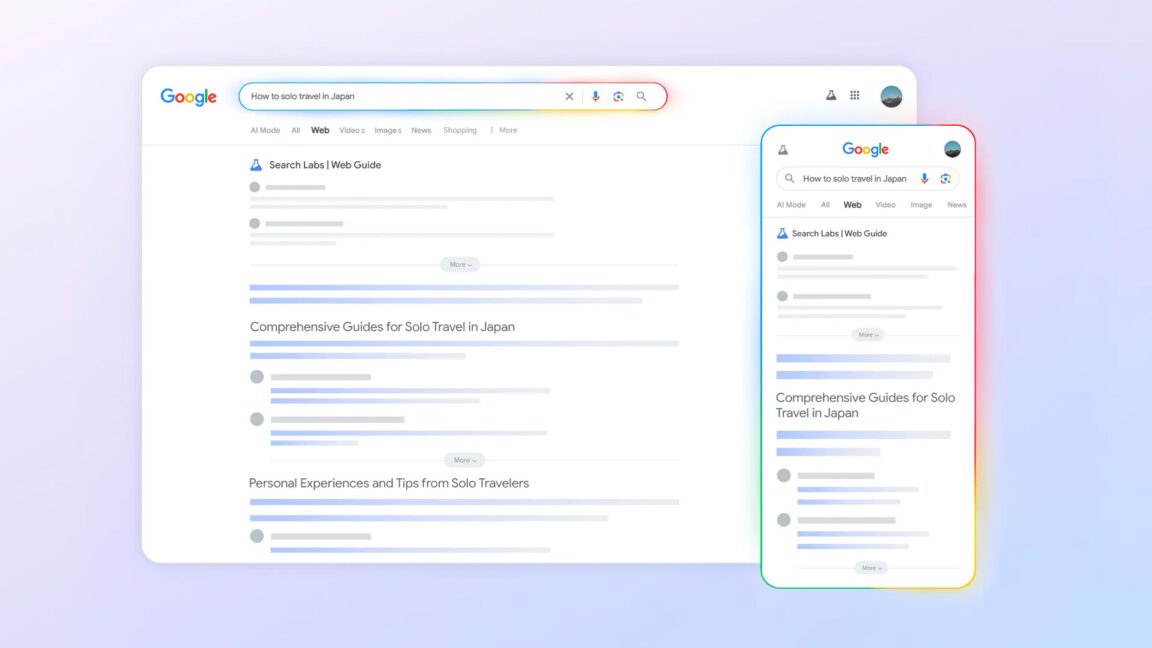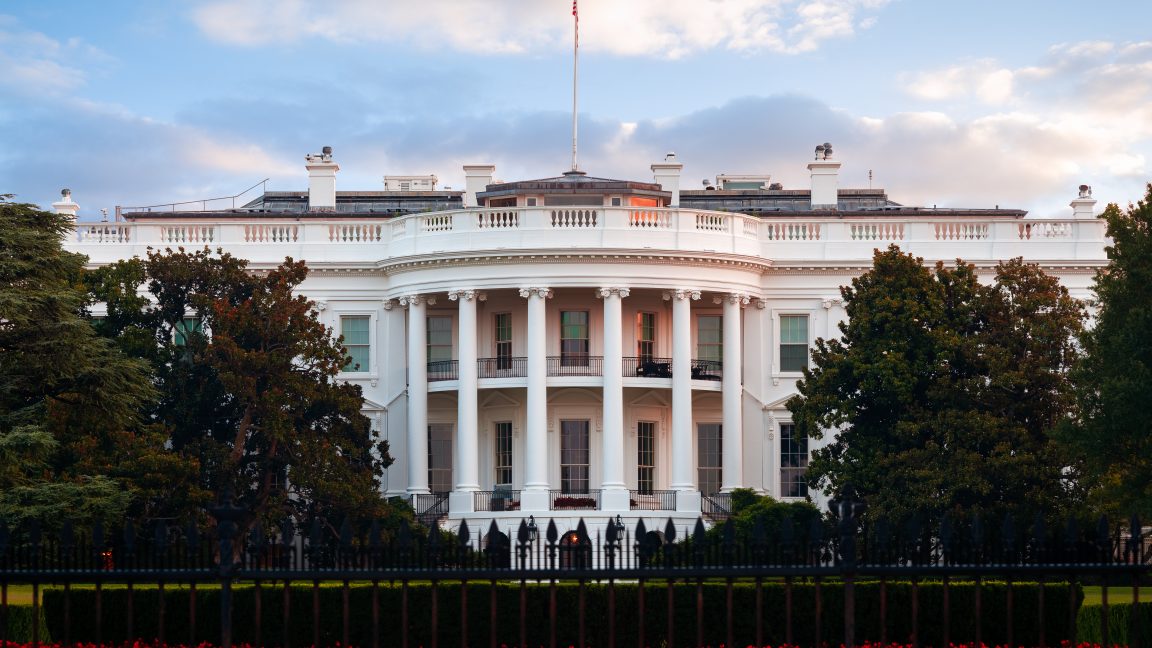Here are 3 steps you can take to level up your career
Justin Sullivan via Getty Images
- The job market appears to be cooling, yet there are still ways you can elevate your career.
- Workers can consider developing their AI skills to stay competitive, an exec told BI.
- Volunteering and side hustles could add to your skills and expand your career opportunities.
The job market might be weakening, but that doesn't mean your career has has to.
There are steps you can take to level up your work — and that might be more important than ever.
It's not just that some companies are being slower to hire. Workers tend to hold greater responsibility for the shape of their careers than they did five to 10 years ago, when employers often played a bigger role, Lisa Walker, a managing partner at the executive search firm DHR Global, told Business Insider.
"You have to be vigilant about managing your own career," she said.
Here are three ways you can level up your career, according to workplace experts.
Get better with AI
Sean Barry, the vice president of talent acquisition at Allstate, told Business Insider that workers should try to become more proficient in artificial intelligence.
He said the technology will place a premium on new skills for many people. Creating appropriate prompts for generative AI wasn't something many people talked about just a few years ago, Barry said.
"It's critically important now," he said, adding that workers who are better at this will likely get ahead in their careers.
One way to improve your AI skills is simply to use it. Start by trying out chatbots and seeing what works.
It's become a cliché to say that AI won't replace you, but someone who knows how to use it will. Yet, there are areas where AI might replace humans, which is why a better understanding of how AI works can be beneficial.
That's advice Sam Altman, the CEO of OpenAI, has given: If you're worried that AI will take your job, get better with the technology.
Kiki Leutner is cofounder of SeeTalent.ai, which is developing tests run by AI that would simulate tasks associated with a job to help the hiring process. She told Business Insider that, traditionally, employers tended to use such tests for more senior roles only where it was worth the money and effort. Or, Leutner said, a company might give a software developer a coding task to measure proficiency.
Leutner said GenAI can let employers test far more job seekers and across a broader range of roles than would otherwise be practical. Plus, she said, AI-run assessments can collect insights that previously were difficult to capture, such as how someone might interact with others.
Success in such areas often involves the soft skills employers say they're seeking, and that some bosses sometimes say too many workers lack.
Share your skills by volunteering
You might feel too busy at work, yet carving out some time to help others can help you, too. A study from the University of Oxford found that volunteering proved more effective in boosting worker well-being than other interventions.
It's especially beneficial if it involves using your skills to assist others, according to Leila Saad. She is the founder of Catalyst Lane, a consulting and operations strategy firm. Previously, she was CEO of Common Impact, a nonprofit that connects companies and their workers with other nonprofits.
While head of Common Impact, Saad told Business Insider that many nonprofits lack the resources to meet all of their operational needs. So, when workers with that expertise can help, it benefits both the organization and the worker, she said.
"It feels good to give back skills you've honed over your entire career," she said.
That often trumps something like showing up for a one-off event like painting a school or planting trees, Saad said.
Beyond that, she said, workers — and their employers — can benefit if the employee might develop additional skills through volunteering.
Jennifer Schielke, the CEO of the staffing firm Summit Group Solutions and the author of the book "Leading for Impact," previously told Business Insider that volunteering — even after something traumatic like a job loss — can help those newly out of work gain perspective.
"If you have time to volunteer, go do it," she said. "Go get some encouragement by sitting alongside someone who has it worse than you do."
Consider starting a side hustle
Side hustles get a lot of attention when they're lucrative, yet there can be other benefits. They can be limited to weekend jobs, so workers' weekdays aren't too full. In other cases, side hustles might relieve burnout.
They can also make workers feel empowered.
Daniel Zhao, the lead economist at Glassdoor, told Business Insider that workers in some industries might feel stuck in their 9-to-5 roles because of lackluster hiring. That might be one reason more workers are picking up side hustles.
"Workers are much more willing to experiment nowadays," Zhao said. He pointed to rates of entrepreneurship, which he said "skyrocketed" during the pandemic.
Zhao said it's good news that entrepreneurship rates remain elevated following a "fairly weak" 2010s and said it indicates America's entrepreneurial spirit has recovered.
"Not only is that an opportunity for people to supplement their income on the side, but it also opens up new opportunities, new ideas, new technologies that can potentially boost the economy in the long run," he said.
An earlier version of this story appeared on November 30, 2024.
Do you have a story to share about your career or your job search? Contact this reporter at [email protected].


